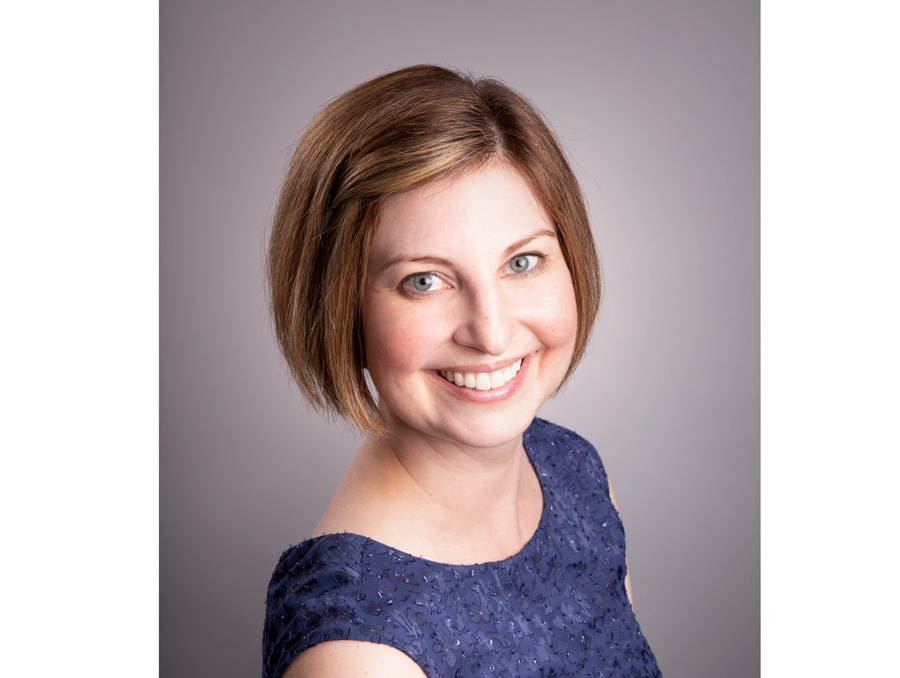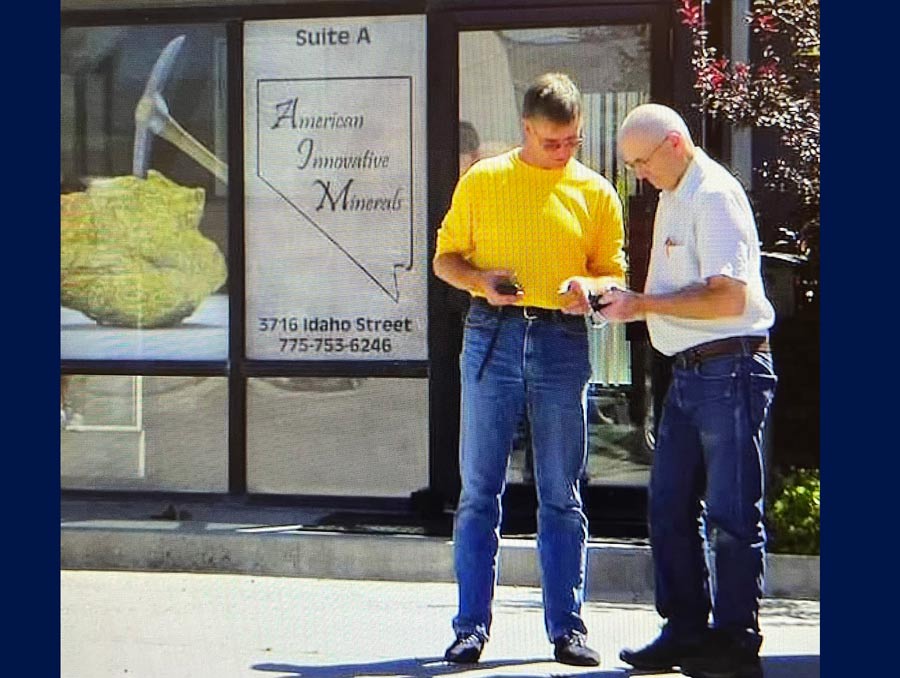Diana Moss earned her bachelor’s degree in discrete mathematics with a minor in Spanish from the University of Nevada, Reno in 2006. During this time, she developed a deep appreciation for mathematics. Moss continued her studies at the University where her master’s work in applied mathematics was conducted under the guidance of Thomas Quint. While pursuing her master’s degree, Moss taught undergraduate mathematics courses as a graduate teaching assistant and began to appreciate and informally study methods of teaching and learning in mathematics to improve her own teaching practice. In 2008, she graduated with her master’s degree in applied mathematics. She began taking education courses at the University in the College of Education, earned her Nevada teaching license, and worked as a middle school math teacher while pursuing a doctoral degree. During this time, the dissertation work she conducted with Teruni Lamberg set her on a course for a career in academia dedicated to teaching and scholarly research. Her doctoral work in Curriculum, Teaching, and Learning with an emphasis on mathematics education was recognized with the outstanding graduate student award.
Her independent career began as an assistant professor in the Department of Curriculum and Instruction at Appalachian State University (ASU) from 2014 to 2018. She worked with the ASU math education group to write and conduct several grant projects. As an assistant professor in the School of Teacher Education and Leadership at Utah State University from 2018 to 2020, she was awarded the Excellence in Teaching and Learning Grant to investigate methods of improving mathematics education courses.
Moss was selected to the Association of Mathematics Teacher Educators’ Service, Teaching, and Research (STaR) Fellowship, a competitive national-level award, in 2015. Through this program, she was able to collaborate with other mathematics educators from across the United States. Her research interests include investigating elementary and middle grades students’ mathematical thinking, supporting pre-service teachers in using students’ thinking to continually reflect on and make adjustments to instruction, and researching topics in undergraduate mathematics education.
Diana has engaged in a number of community outreach and service opportunities throughout her career. Most notably, she serves in leadership roles for national professional organizations such as Women in Mathematics Education and the Association of Mathematics Teacher Educators. She has also continued to collaborate with other mathematics educators on the Nevada Math Project under the direction of Lamberg in the College of Education.
In summer 2020, Moss enthusiastically returned to the Department of Mathematics and Statistics at the University as a teaching assistant professor. She looks forward to continuing her work in mathematics education and sharing her expertise with the local community. Moss lives in Reno, Nevada with her husband and their two children.
In 2021, Moss was named one of the inaugural Wolf Pack Way alumni. Each of the Wolf Pack Way alumni have exhibited successful careers and exceptional deidcation to their work and their communities.
What does being a member of the Wolf Pack mean to you?
Being a member of the Wolf Pack means that I am part of a very welcoming and inclusive University community. After living in other states and being at other universities, I feel a sense of home when I am on the Nevada campus.
What is your most memorable experience at the University?
I have many memorable experiences since I was a student at the University for 12 years! One of the most memorable is being a member of the Graduate Student Association where I helped plan many social events for graduate students and met some amazing friends.
What person or resource on campus was most instrumental to helping you succeed?
Dr. Tom Quint, Professor of Mathematics, encouraged me to get my master’s degree and Dr. Teruni Lamberg, Professor of Mathematics Education, encouraged me to pursue my doctorate. These two individuals were instrumental in my success at the University of Nevada.
What was the most important thing you learned at the University that put you on your path to success?
The most important thing I learned, besides a lot of math, was perseverance. I took many challenging courses and found that I most likely would be successful if I tried. As a mathematics educator, I share this sentiment with my students to show them that struggling when learning is good and is often where the most learning occurs.
















